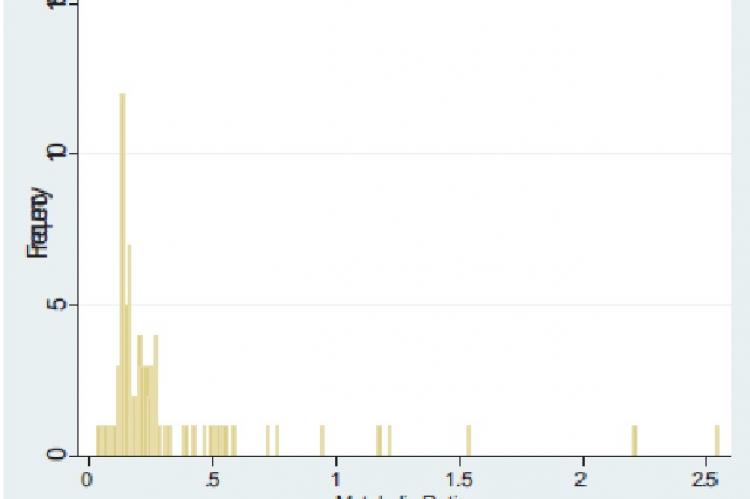his study sets to determine the genotype and phenotype frequencies of CYP2D6 in the Nigerian populations with a view to evaluate the inter-individual and inter-ethnic differences in drug response of clinically useful drugs, which are substrate of CYP2D6. Genotyping of CYP2D6 mutant alleles by polymerase chain reaction (PCR) and sequencing techniques were performed on 300 Nigerians comprising of (Hausa=98), (Ibo=101) and (Yoruba=101). Eighty six (86) subjects were phenotyped with dextromethorphan as the probe drug. The frequency of the defective CYP2D6*4 allele was found to be 2% in Hausa, 8% in Ibo and 3% in Yoruba subjects. The frequency of CYP2D6*17 allele was not significantly different (P>0.05) occurring at 18%, 14% and 22% in the Hausa, Ibo and Yoruba respectively. Also, the frequency of CYP2D6*29 allele was found to be 10%, 20% and 10% in the Hausa, Ibo and Yoruba, respectively. Of the 86 phenotyped subjects, 3 (3.5%) were identified as poor metabolizers (PM), 68 (79%) were extensive metabolizers (EM) and 15 (17.4%) were intermediate m e t a b o l i z e r s ( I M ) . T h e m e a n a n d me di a n l o g 1 0 dextromethorphan/dextrorphan ratios were 0.72 and 0.79 (SD=0.26) for PMs, -1.81 and -1.83 (SD=0.4) for EMs, and -0.51 and -0.62 (SD=0.37) for IMs, respectively. The overall allelic frequencies of CYP2D6*3, *4, *9, *10, *17, and *29 found are unique to the Nigerian populations analyzed. The phenotype data show a close correlation with the genotype data. These population-specific differences are consistent with findings in other African populations.
View:
- PDF (397.03 KB)


